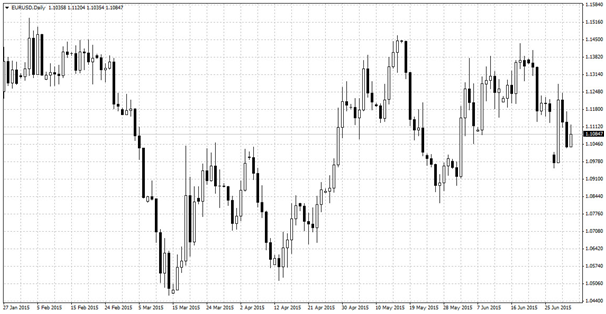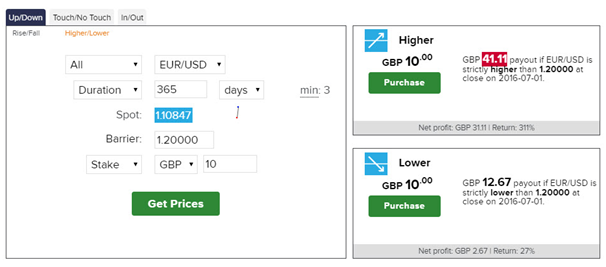Greece is Alive

After another dramatic week, Greece is still standing… just.
Markets opened on Monday with a huge opening gap lower in response to the surprise call for a referendum by the Tsipras government.

Quite what this bailout is actually about is confusing for most people across Europe, especially Greek citizens. As the FT has been keen to point out all week, on the face of it, the people of Greece are being asked to vote on the terms of a bailout deal that doesn’t actually exist anymore. Just as we thought things couldn’t get more confusing, Tsipras announced that Greece will accept the bailout conditions with a few tweaks.
The FT’s Martin Sandbu wrote that there are three possible explanations for this behaviour:
1 – The Greek government is simply incompetent and as confused as the rest of us. Many in the Eurozone are keen to push this line in an attempt to appear reasonable.
2 – It’s a bluff designed to cement support for a no vote on Sunday.
3 – The volte face is actually a well thought out position to arrive at the promised land of debt relief (along with the assumption that this is within grasp)
Debt relief would be the lesser of many evils, though politically volatile as nations such as Ireland will point out that they took their bitter medicine and have come out the other side of many bitter years of economic reforms. For Greece to get away ‘lightly’ would be a political volcano.
Yet a Greek default is no easy option either, with Germany alone on the hook for as much as €84.5 billion.
Der Spiegal has an excellent piece this week on Germany’s potential liabilities which point out that while the initial liabilities may indeed be €61.53 billion (and up to €84.5 bn when Emergency liquidity assistance is included), this is not insurmountable.
The losses would be spread out all the way into 2054, with annual losses never exceeding €3 billion. While this will still hurt, the impact of inflation will mean that the true cost is likely to be manageable over time. In addition, the €23 billion Emergency Liquidity Assistance debt is unlikely to be entirely written off due to the benefits of securitisation.
To be clear, a Grexit, a default or a debt hair-cut are all painful options, but they are also the only realistic options. Greece could accede to creditor demands enough to receive bailout funds, but every sane analyst knows that Greece cannot pay its debts, and creditors would still be trying to fill up the bath with the plug pulled.
So far, Europe has taken the ‘easy’ route of putting off the day of reckoning, but we appear to be approaching at least the beginning of the end.
Taking a longer term view, any solution will be painful in the short term, but 12 months from now, the euro could be in a stronger position from having finally made the difficult decision.

Disclaimer: This financial market report is intended for educational and information purposes only. It should not be construed as investment or financial advice, and you should not rely on any of its content to make or refrain from making any investment decisions. Binary.com accepts no liability whatsoever for any losses incurred by users in their trading. Fixed odds trading may incur losses as well as gains.
Comments (0)